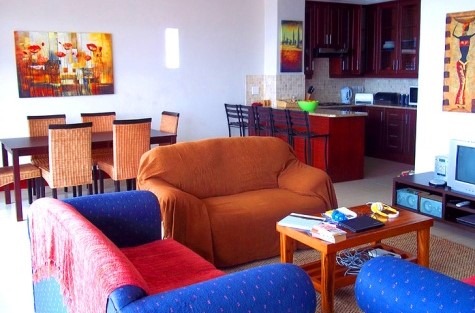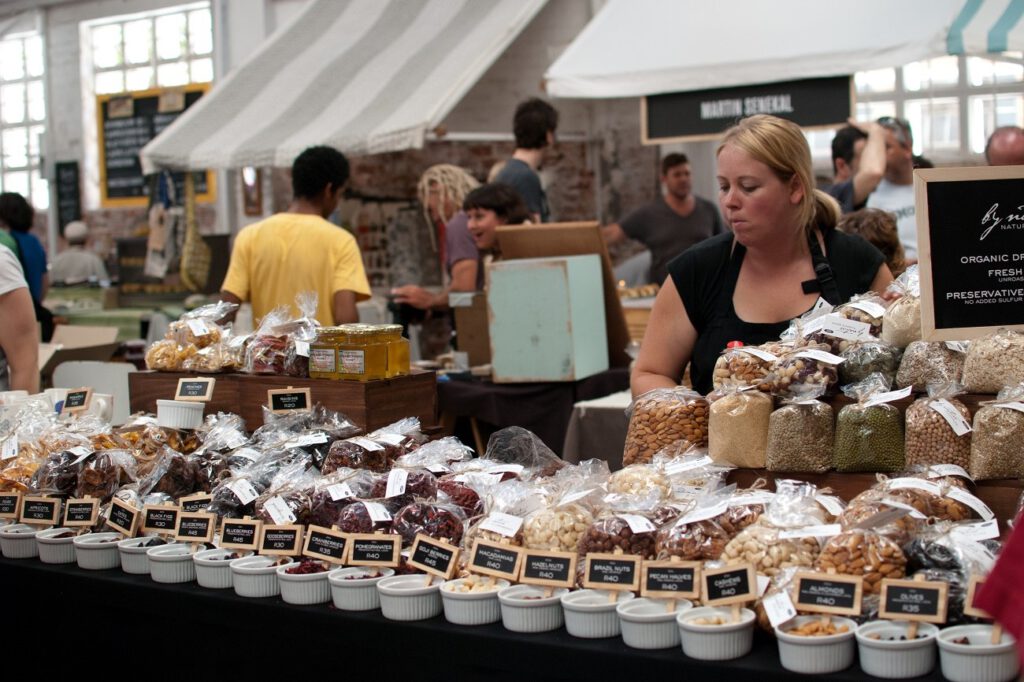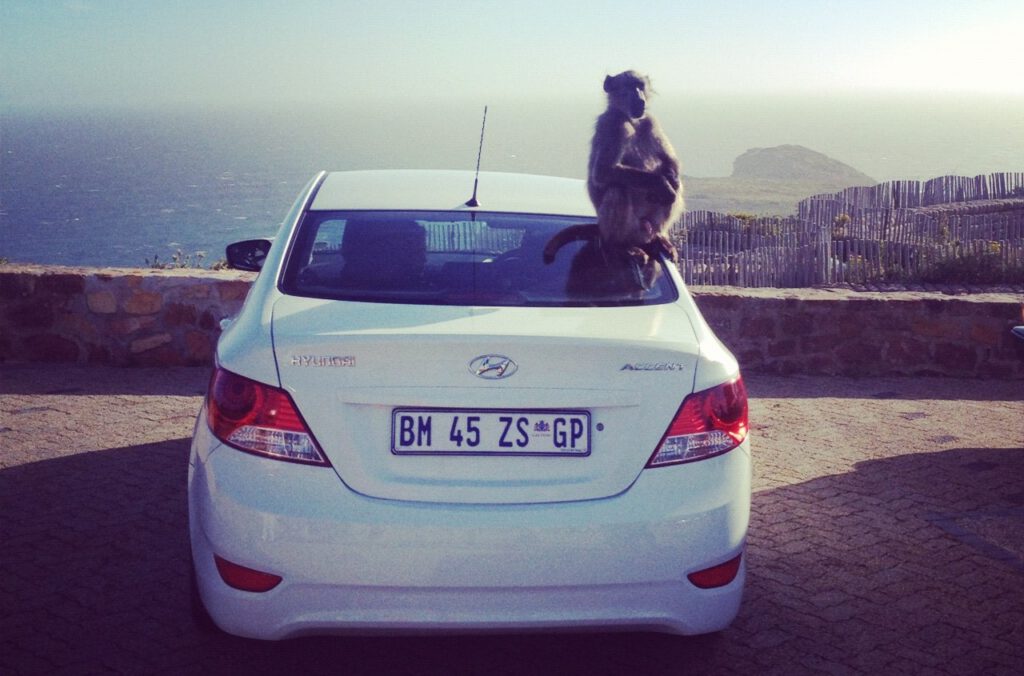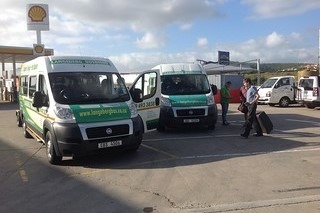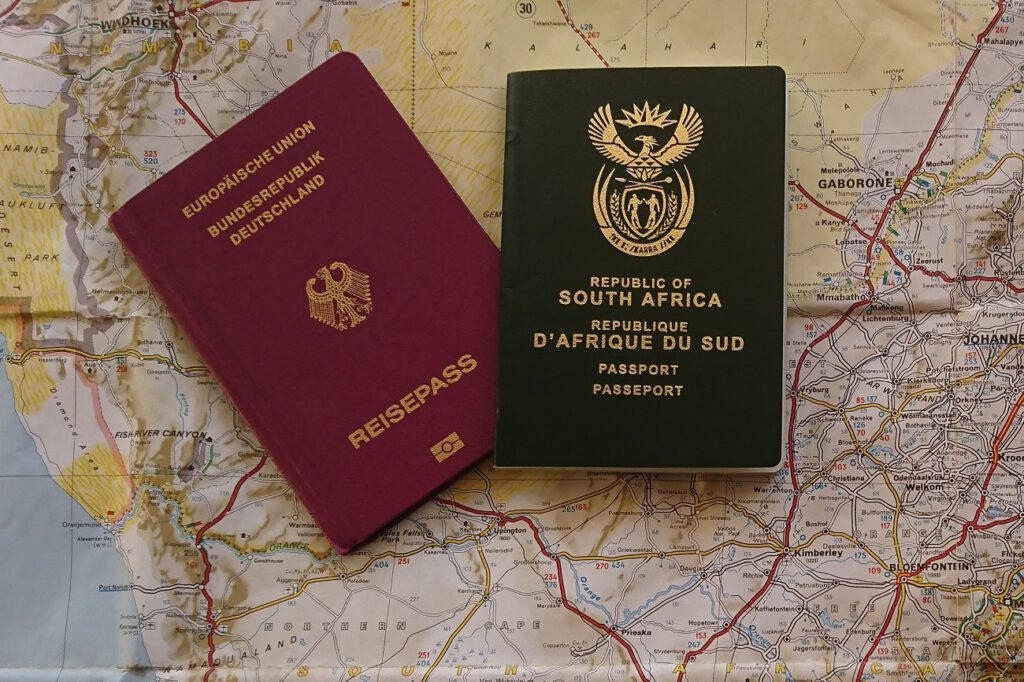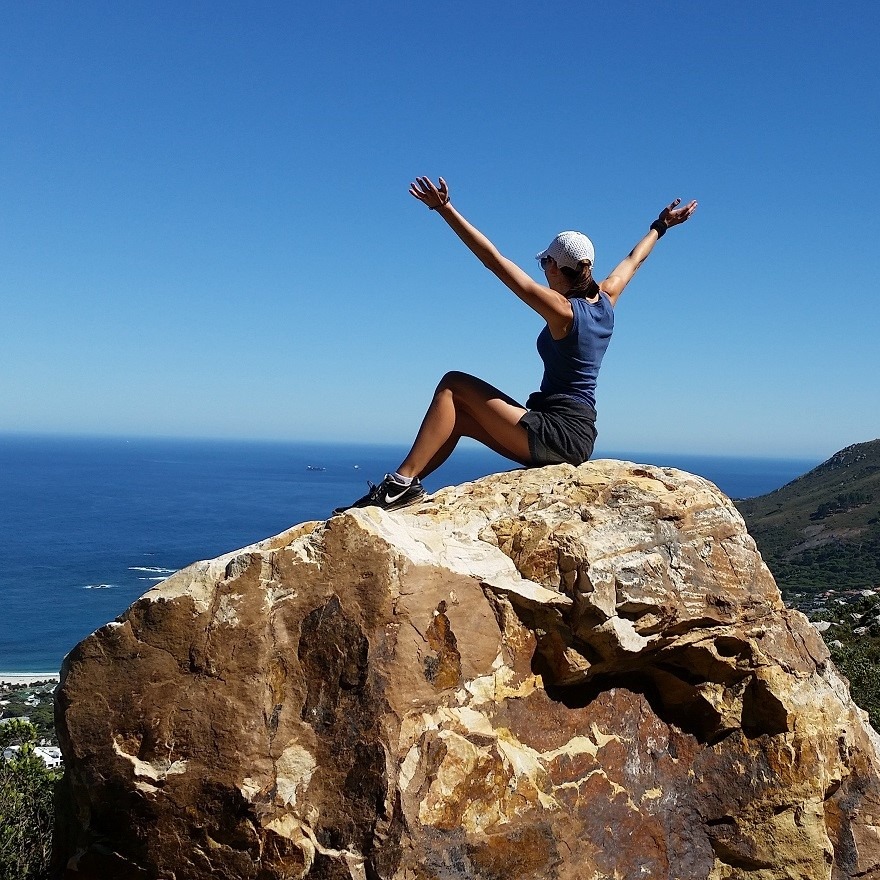The living costs cover costs for your accommodation, food and daily transport in South Africa.
Accommodation
Your accommodation makes up about 22% of the total costs for a 12-week stay in South Africa.
The type of accommodation varies with the projects:
In some placements it is logistically not possible that you choose your own accommodation – in these cases usually the project offers accommodation in a volunteer house and charges a fee for this (in most of our animal conservation projects in rural areas). In some other cases accommodation is offered by a live&learn partner, who will also provide daily transport to the project. Usually you live in a double room or share a room with up to 4 other volunteers.
Accommodation in a single room is possible in placements in Cape where you are free to choose your own accommodation. We will assist you to find a suitable accommodation close to your placement and provide you with recommendations from previous volunteers. Rents for furnished rooms are comparable to big cities in Europe. There are, however, considerable differences depending on the suburb as well as standard and facilities/services included (e.g. internet, cleaning service, bedding etc.).
Single Room in student or volunteer house: from 350 € / 415 US$ per month
Single Room in guest lodge or private rentals, e.g. through Airbnb: from 500 € / 590 US$ per month
Mehrbettzimmer in Studenten- oder Freiwilligenhaus: from 250 € / 295 US$ per month
Mehrbettzimmer in Gastfamilie: ab 200 € / 235 US$ per month
More information about the type of accommodation possible in the project of your choice you will find in the placemenent descriptions.
Please note: Unfortunately our project partners are not in the position to offer you accommocation free of charge. The costs would be similar to a basic salary for a local assistant. Hence, if our project partners would offer accommodation free of charge, international volunteers would take away employment opportunities for locals. Given the high employment rates in South Africa this is not justifiable. More than 25% of the South African population has no work, in some urban areas more than 40% of youth are unemployed. Since unemployment is also the cause of many social problems such as alcohol and drug abuse as well as crime and violence, we hope you understand that you have to carry the costs for the accommodation yourself.
Apart from state funded volunteer services it is common practice in most countries that volunteers are not reimbused for their voluntary services and are responsible for their living costs.
Food
Food usually makes up about 19% of the total costs of a 12 – week long stay in South Africa.
The way food is provided varies with the projects:
In some projects food is cooked for you, for example by the guest family or the project team. In other projects you cater for yourself, you do your own shopping and cooking. Accommodations do have fully equipped kitchens.
Food costs are similar to Germany, however, very much depend on your personal preferences and life style. Prices in restaurants, cafes and bars are usually lower than in Germany/Europe, prices for groceries in supermarkets are similar to those in Germany. Some more products, especially local vegetables and fruits as well as fish and meat is cheaper, milk products and any imported food brands are more expensive.
If you are catering for yourself we recommend to plan with a budget of 50€ / 60 US$ per week. This budget allow you to cater for yourself most of the times, but also to explore the culinary diversity of the South African cuisine in local restaurants.
More information about how catering is organised in the project of your choice you will find in the placement descriptions.
Transport
Daily transport makes up about 19% of the total cost for a 12-week long stay in South Africa.
The way the daily transport between your accommodation and place of work varies with the projects:
In some placements the project team, guest family or the landlord will take you to and from work; in other projects, where you are free to choose your own accommodation, you are also responsible to organise your own transport. Depending on your accommodation and place of work you can walk to work, use public transport, UBER or you can rent your own rental car. We will advise you about the different options in your placement and we will also help you to organise your transport.
More information about the way how the daily transport is organised in the project of your choice you will find in the placement descriptions.


